2019 Summer Institute in Computational Social ScienceCape Town, South Africa, 17-28 June 2019
The second edition of the Summer Institute in Computational Social Science (SICSS) was held from June 17 to June 28, 2019 at the University of Cape Town. It was organized by Dr. Vissého Adjiwanou, Associate Professor of computational and quantitative methods at the Université du Québec à Montréal (UQAM) and Adjunct Senior Lecturer at the Centre for Actuarial Research (CARe) at the University of Cape Town (UCT). He is also the chair of the Scientific Panel on Computational Social Science at the Union for African Population Studies (UAPS).
The 2019 Summer Institute, like the first one in 2018, was organized in collaboration with Princeton University and benefited from funding from the International Union for the Scientific Study of Population (IUSSP) to support the participation of scholars from outside Cape Town. The Summer Institute also received support from the Russell Sage Foundation and the Alfred P. Sloan Foundation. Of the nearly one hundred applications received, we were able to support the participation of 22 participants (12 from outside South Africa, 5 from other regions in South Africa and the rest from the Cape Town area).
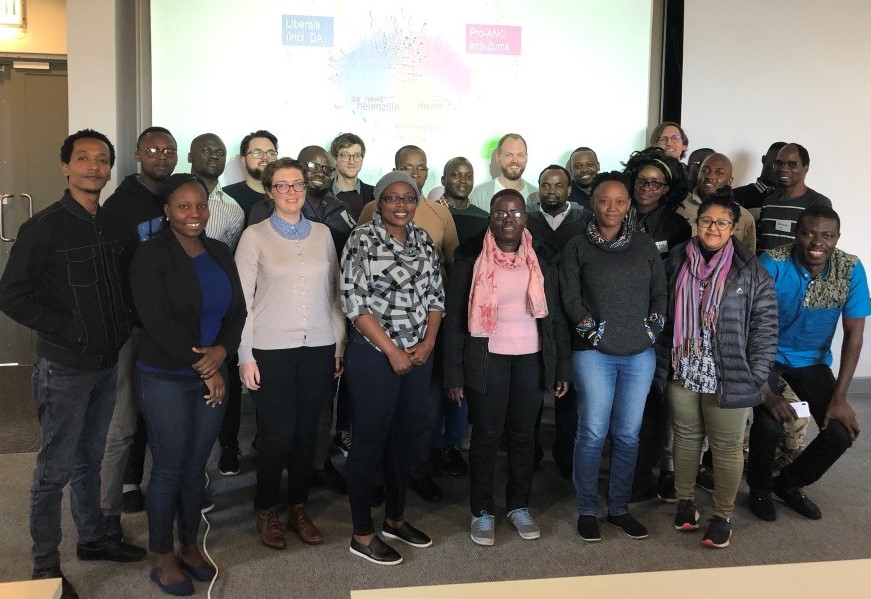
While following the same agenda as the last year (with the first week dedicated to teaching and the second week to the projects), this year’s Summer Institutes innovated by incorporating new materials and adopting new approaches to collaboration. The teaching from Princeton included topics on ethics, surveys and experiments in the digital age, by Matthew Salganik, and on digital trace data collection and analysis (text analysis, topic modelling and network analysis) by Chris Bail. On-site training by Nick Feamster, Neubauer Professor of Computer Science and the Director of Center for Data and Computation (CDAC) at the University of Chicago provided an introduction to machine learning to the participants. In the opening session, Vissého Adjiwanou highlighted the importance of the Summer Institute for African scholars and led discussions on the issue of causality in Social Science and considered how new methods and data can contribute to a better understanding of social phenomena in sub-Saharan Africa.
The first week also included several talks by experts on the field: Kyle Finlay presented his work on mapping conversations on Twitter in South Africa; Hussein Suleman spoke about data management; Marshini presented her work on detecting endorsements in social media; Megan Bruwer presented data visualization techniques in transportation; and Vukosi Marivate presented various projects on data science and development. Finally, Aldu Cornelissen, a teaching assistant and one of last year’s alumni, talked about his experience and how the SICSS shaped his career. The variety and highly quality presentations contributed to making the Summer Institute one of its kind in sub-Saharan Africa, where participants were able to learn from specialists from Africa and around the world.
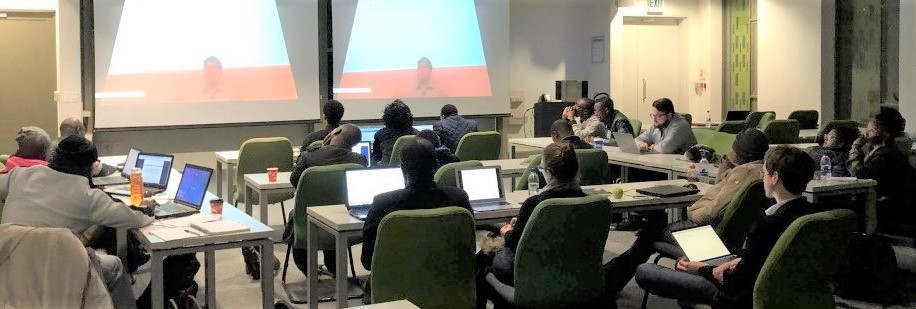
During the second week, participants worked in four small groups on various applied project, which were presented on the last day.
What all these projects tell us is that new areas of research are becoming available to Social Science researchers and how they can think differently and develop new research agendas that can have an impact on people’s lives. It is well summarized in this blog by Fidelia Dake, a researcher at the Regional Institute for Population Studies at the University of Ghana, and one of the participants in this year’s Summer Institute: “SICSS taught me to think differently about what data are, the different ways in which data for social science research can be obtained” Many of these projects will be presented at the forthcoming African Population Conference, which will take place in November in Entebbe (Uganda).
The organization of this year’s Summer Institute faced several challenges, due to its timing, which conflicted with the South African academic calendar and lead to several cancelations, to its organizer’s current residence in Canada, which made coordination all the more problematic without a local organizer on site, and to the difficulty to secure funding for this type of activity, despite the growing interest across the African continent for the Summer Institute as evidenced by the surge in applications.
The importance of digital trace data and computational techniques to renew research in sub-Saharan Africa is high, as it will bring new ideas and approaches to deal with various issues facing the continent. It is therefore critical to continue to develop training activities such as this one. It has allowed talented PhD students, mostly from sub-Saharan Africa to conduct new research at the intersection of computational science, health and social science, and provided training that will hone the capabilities of researchers from the continent. A new initiative is the centre on computational and quantitative approach to social and health issues that Vissého Adjiwanou is currently developing within his department at the Université du Québec à Montréal and which will focus especially on sub-Saharan Africa.
See photos of the event below.
See also:
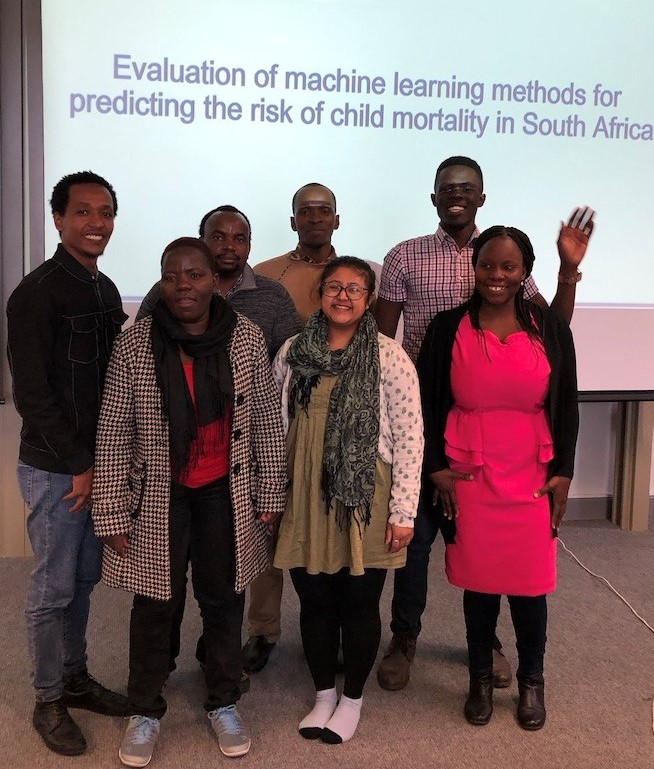
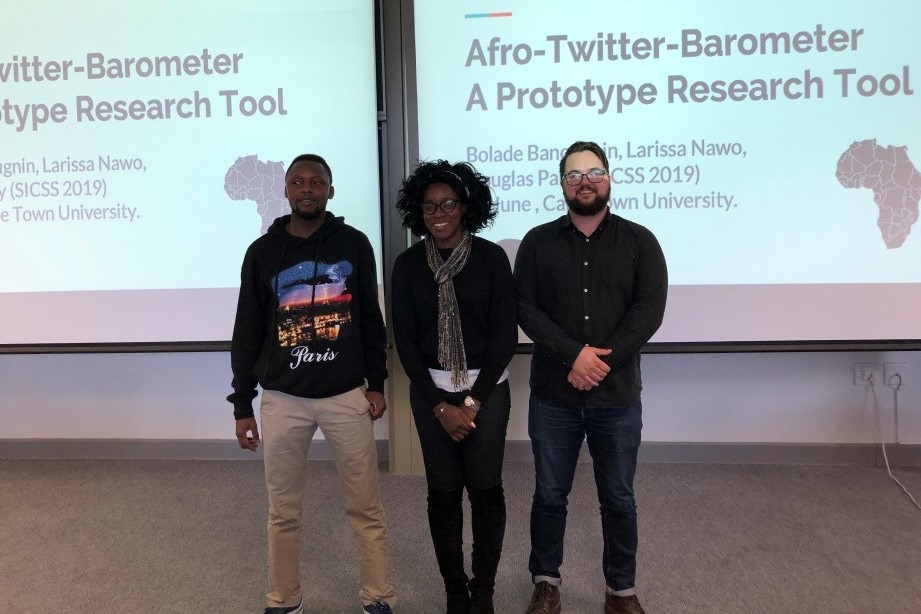
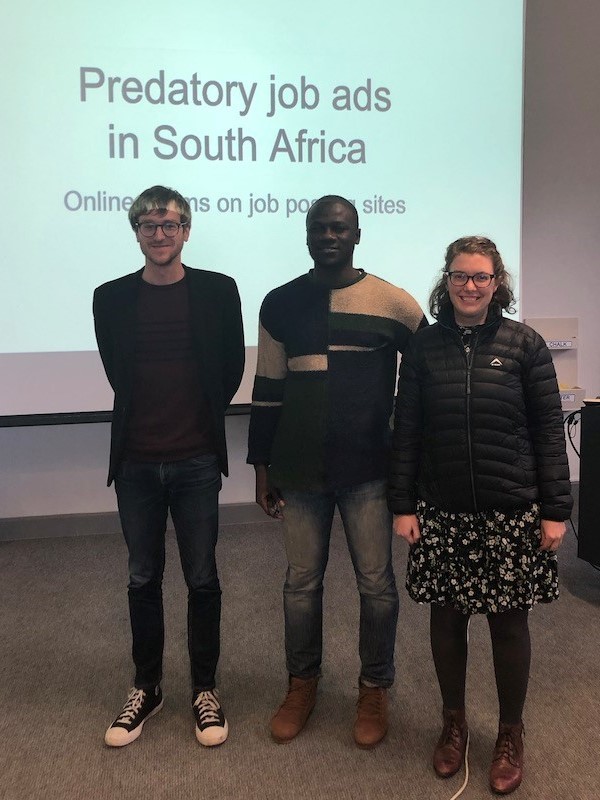
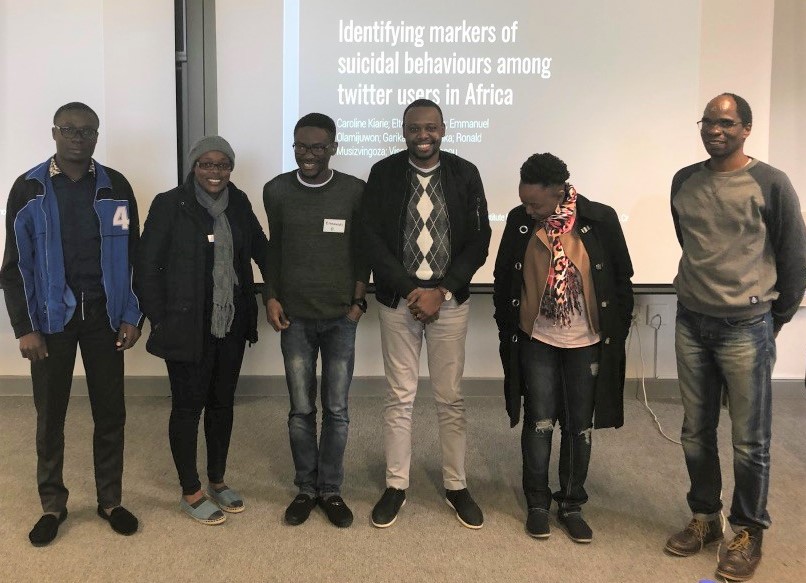
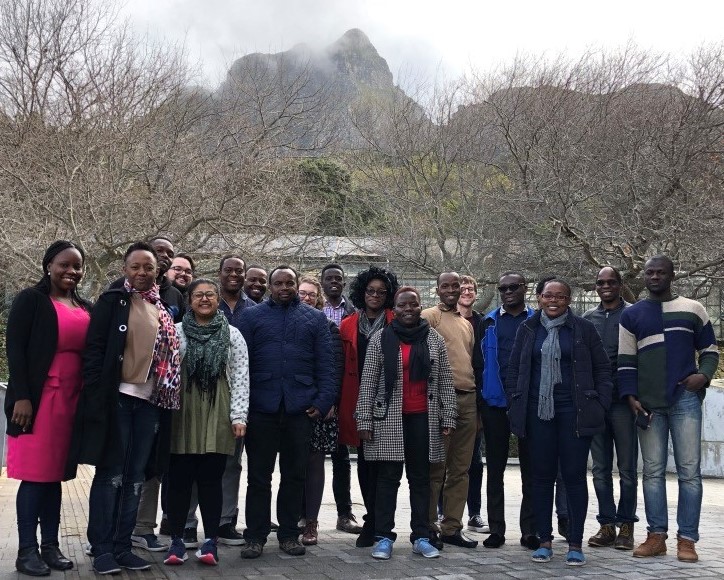
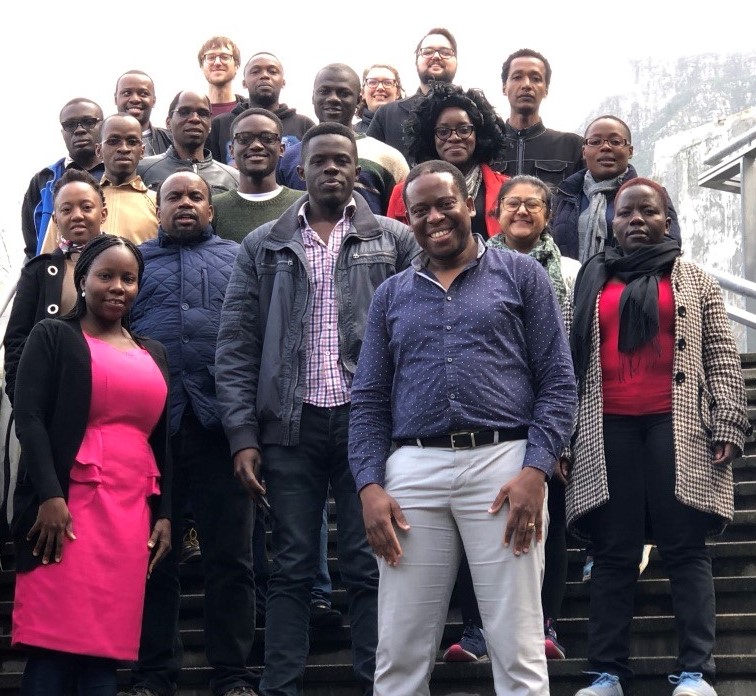
|
